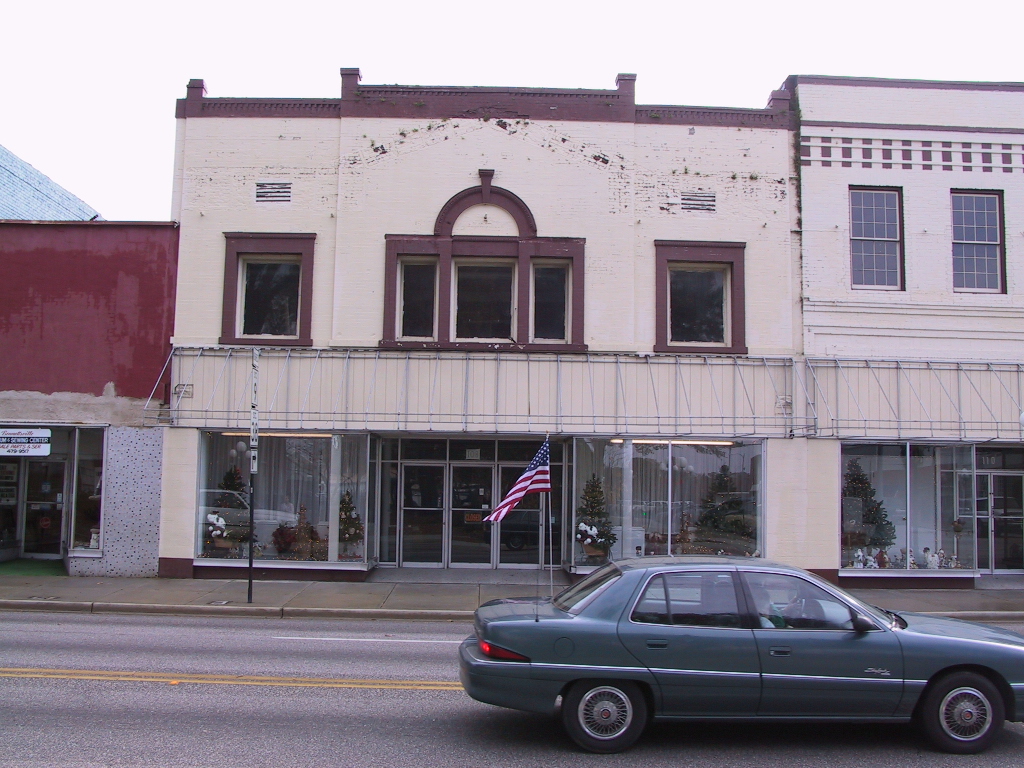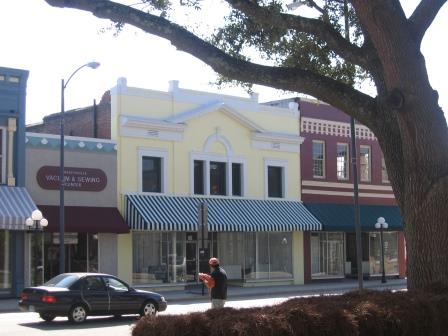When Columbia restaurateur Kristian Niemi was planning his new Main Street location, Bourbon, he had to install a grease trap to meet environmental regulations.
"He was looking at a customized system, like $50,000," said Ryan Coleman, director of the City of Columbia’s economic development office. "Our wastewater guy looked at his usage. We determined he didn’t need as big a system as he thought, and he was looking at a system with a lot of extra bells and whistles that we didn’t require."
City staff helped him come up with a solution that met the requirements and saved him more than $30,000. "It took a little longer than he wanted, but in the end, the cost savings was worth it," said Coleman.
It is that kind of business-friendly attitude that cities all across South Carolina are making part of their daily routines to make sure businesses not only comply with regulations, but also are able to achieve their goals.
Bret Gillis, a highway engineer with North Charleston civil engineering and architecture firm Stantec, said his company has worked on many projects, such as intersection and road improvements that required quick action from the City of North Charleston’s engineering department.
"We’ve always had good positive interactions with them," Gillis said. "They help us get things permitted and meet city requirements. Part of it is just the mindset of whomever you are working with, being responsive, having a mindset of working toward a solution—a bias toward action, we call it. That can go a long way."
That bias toward action comes from the top down, said Ryan Johnson, spokesman for the City of North Charleston.
"Mayor Summey says the city is not successful unless business is successful," Johnson said. "We focus on safety and quality of life issues, then we get out of their way."
Johnson cites Boeing’s final assembly building as his city’s best example of this way of working with companies. The project was completed six months earlier than expected.

The City of North Charleston expedited its permitting process, putting
Boeing’s construction six months ahead of schedule. Photo/Boeing
"Our part was ensuring that we weren’t the reason they were held up," Johnson said. "We had a building inspector on call 24 hours a day, seven days a week."
The city did the same thing for a Sam’s Club that was moving and needed its new location to be ready before the lease ran out on its old one.
"We made sure people were on call as needed," Johnson said.
And, it’s not just the big projects. The city promises to complete inspections in the same day for requests made in the morning and before lunch the following day for requests made after noon.
But more than being responsive, Johnson said, is the mindset of helping businesses reach their goals while still working within the rules and regulations.
"Every issue isn’t black and white," he said. "You have to use a little bit of common sense in interpreting the codes. It’s the difference between being a public servant versus being a bureaucrat."
A city doesn’t have to be large to have a business-friendly mindset at work.
The Town of Bennettsville used a SC Department of Commerce grant seven years ago to redo 98 building facades at no cost to the property owners. For those grants, the city partnered with the Bennettsville Downtown Development Association, said executive director Ken Harmon.
The façade program was funded by a $2 million grant, but Harmon says the payoff has been much greater.


Before and after views of one of the several restored facades in
downtown Bennettsville. Photos/Campbell Meek and Associates, Architects
"Most of our downtown buildings are more than 100 years old," said Harmon, who has been involved with the downtown development organization since it was created in 1986 and has been executive director since 1997. "When we did those 98 building facades, it turned our city around."
Harmon said the Association and the city have worked together more and more over the years.
"The basic premise we operate under is the art of success is partnership and, very often, that means compromise," Harmon said.
And, often, that also means an understanding person on the other side of the counter.
"In business licenses, we are often seen as being ‘on the opposite side’ from business," said Fran Adcock, in the city’s business license division and formerly a grant writer in the city’s economic development office. "We work really hard to show businesses that we are on their side."
Adcock and her husband, in fact, are new business owners, opening a Hwy 55 Burger Shakes and Fries franchise.
"It gives me a different perspective," she said. "I have a lot of respect for small-business owners."
Adcock said she knows personally almost everyone she deals with through the business license department. Plus she knows from her own experience what business owners need.
"We try to steer them where they need to go, like the South Carolina Business One Stop to help set up tax papers," she said. "Sometimes you just need someone who knows how to navigate the system."
Cities themselves often need a little help in creating not only the atmosphere of cooperation, but also the rules and regulations that take into account what they want their city to look like as well as how to help businesses get started and be successful.
Bennettsville does that through the Main Street South Carolina program, which is a program of the Municipal Association of South Carolina.
The Main Street SC program offers consulting services, such as master plans or educational workshops for the business and property owners. It is targeted toward cities and towns of all sizes looking to re-energize their downtown districts.
Randy Wilson, an architect and consultant with the Main Street SC program, said cities that have the greatest success offer businesses some sort of reason to make changes.
When the City of Union created its façade master plan, Wilson said, officials got business owners to give the city an easement that allowed it to make the improvements to the buildings so they would meet the new codes.
"If you don’t have a carrot in addition to the stick, you end up creating an adversarial relationship," Wilson said. "You give the business added impetus and satisfy local regulations."
This article is reprinted from the Cities Mean Business magazine, Winter 2016 issue.
